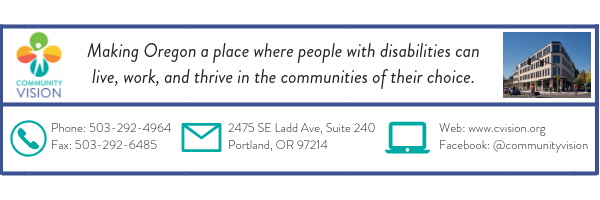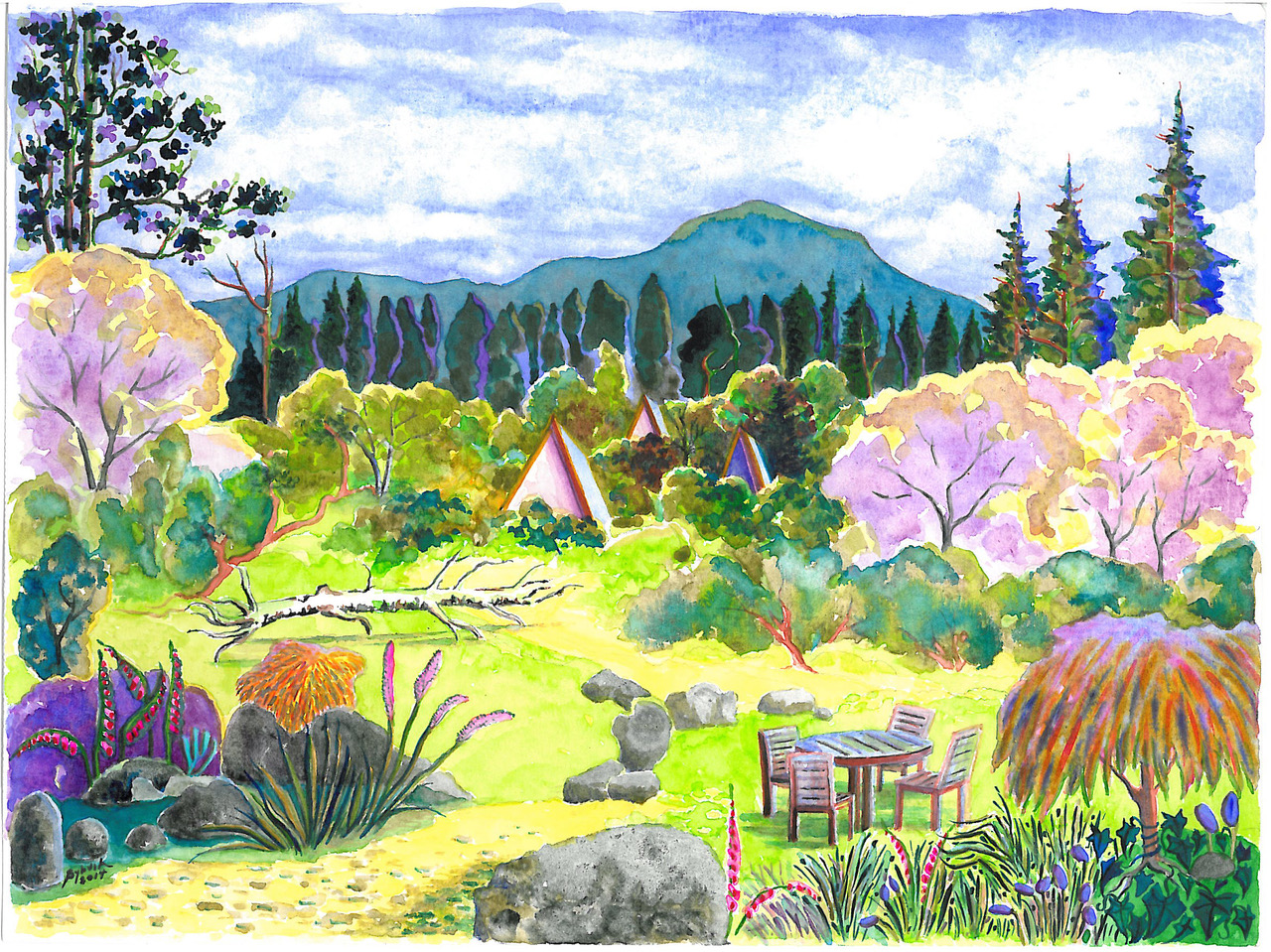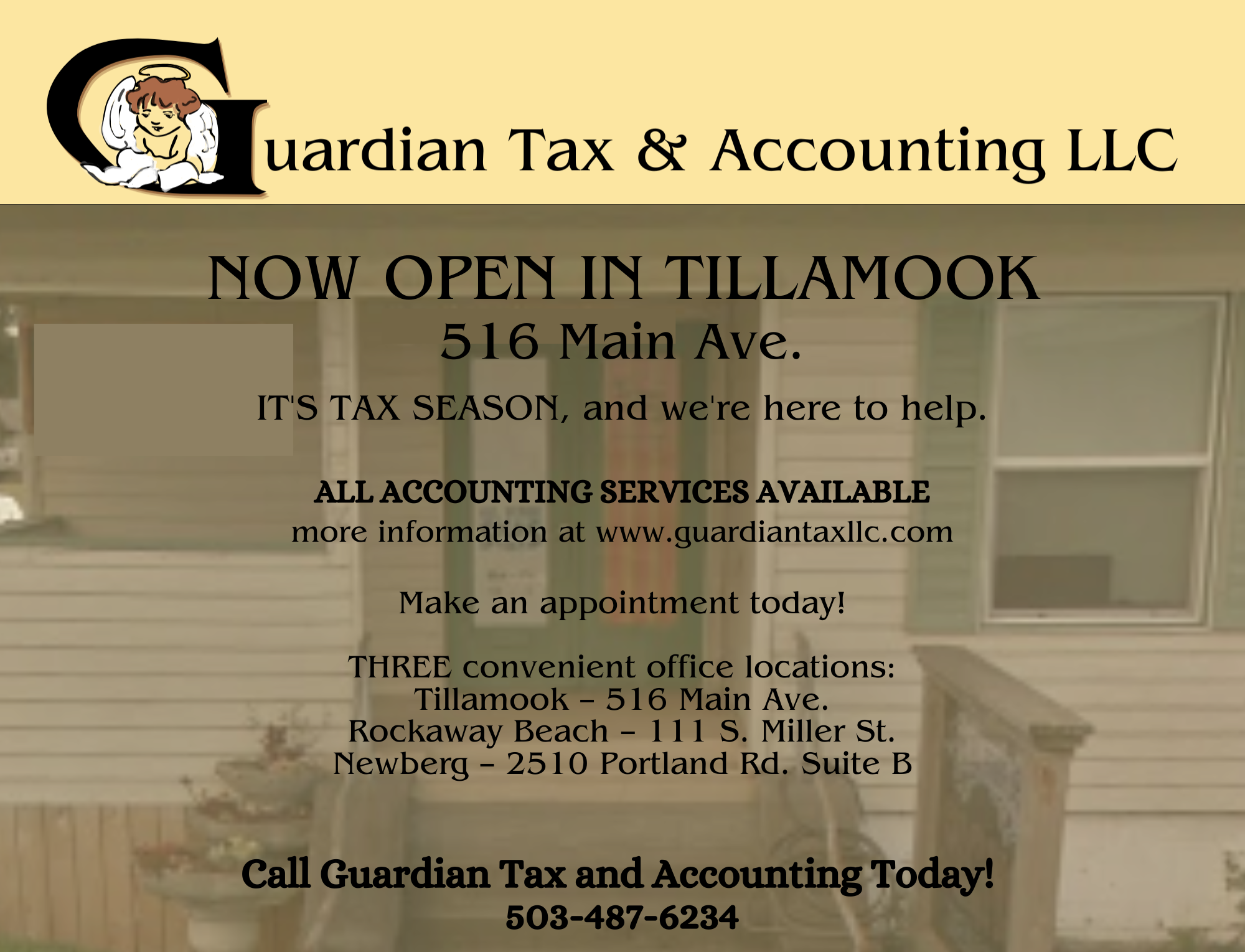By Joe Wykowski, Founder and Executive Director, Community Vision & Angela Hult, Executive Director, Wayne D. Kuni and Joan E. Kuni Foundation
Individuals who experience disabilities are regularly denied basic human rights. It was 1963 when John F. Kennedy called for a “reduction of the number of persons confined to institution.” In 56 years, we have failed to develop a systematic, person-focused and inclusive approach to helping individuals live more independently and be active members of their respective communities.
As our region grapples with the need for more affordable housing, the disability community is often overlooked and left out of the conversation. More than 28 percent of adults who experience disability live in poverty, among the lowest for groups measured by the US Census Bureau. After decades of battling to find inclusive, independent living options, individuals and their families are in crisis. Families face a critical shortage of quality, affordable, accessible housing.
Without the option to move, live independently and be part of a community, individuals become further marginalized and isolated. Many remain at home with aging family members further exacerbating the crisis. According to Family Caregiver Alliance, approximately 39.8 million caregivers provide care to adults 18 years or older with a disability or illness. Of those caregivers, 34 percent are 65 years of age or older. As parents age without options for their loved ones, individuals with disabilities face uncertainty about where they will live when their family can no longer care for them.
A recent bright spot was news that for the first time in nearly a decade, the U.S. Department of Housing and Urban Development is providing funding for both rental assistance and supportive housing for low-income individuals who experience disability. The department earmarked $112 million to expand existing affordable housing options and innovative new models of supportive housing.
Increased funding is an important piece of the equation, but it isn’t enough. Progress demands a fundamental shift in the way we create community and elevate possibility for individuals with disabilities.
Our Home – Cathedral Park, in Portland, is an example of the innovation and collaboration we need. The co-housing inspired community will have home ownership opportunities for individuals and families of diverse abilities, ages and incomes. Co-housing fosters intentional connections through shared indoor and outdoor spaces, the sharing of items like tools and garden equipment and collaboratively planning and managing activities, including child and elder care and carpooling. The St. Johns project includes 22 universally designed condominiums, which means they are accessible to people of any ability, with both subsidized and market-rate units. Up to 25 percent of the units are intended for families and individuals who experience an intellectual or developmental disability. The location will provide access to jobs, education and health care. The project benefits from strong collaboration among nonprofit, government and for-profit organizations, including Community Vision, Metro, Proud Ground, Habitat for Humanity, and Urban Development Partners.
Ironically, the project – the first of its kind in the country – is not eligible for the recent federal funding since it is committed to home ownership, not rentals. But it can serve as a model for the next wave of funding and innovation we desperately need.
Our disability community deserves the dignity that comes with choice and options for a self-directed life. We need policy and system change that ensures that the kind of inclusive community cultivated in the Our Home project is afforded to an individual with disability no matter where they live. It is vital that people with disabilities are included in planning for affordable housing and funding. And we need to explore new models of housing that allow for innovation to ensure choice, quality housing, and support services that allow people to live independently.
We must ensure that all Oregonians, regardless of perceived ability, have access to affordable housing, and the freedom to make basic choices about how and where to live.



